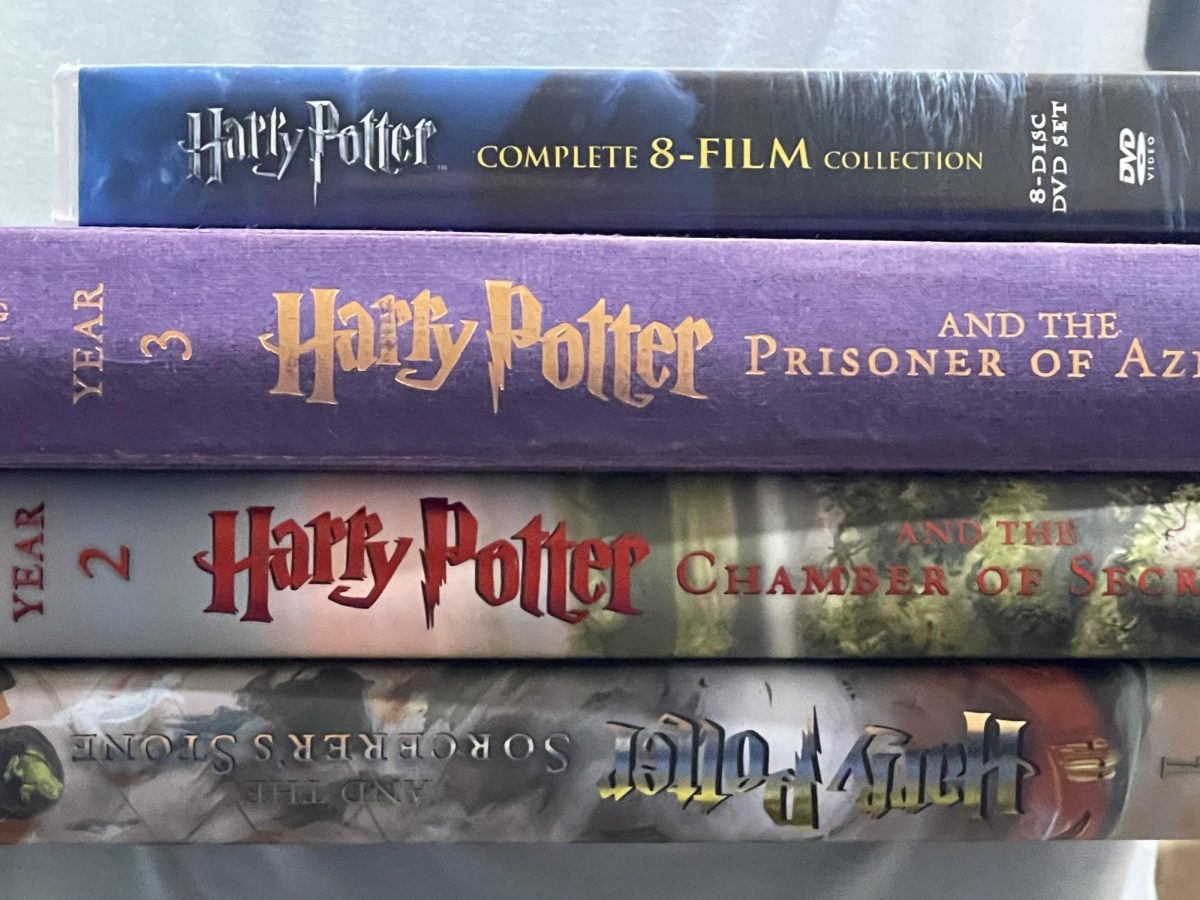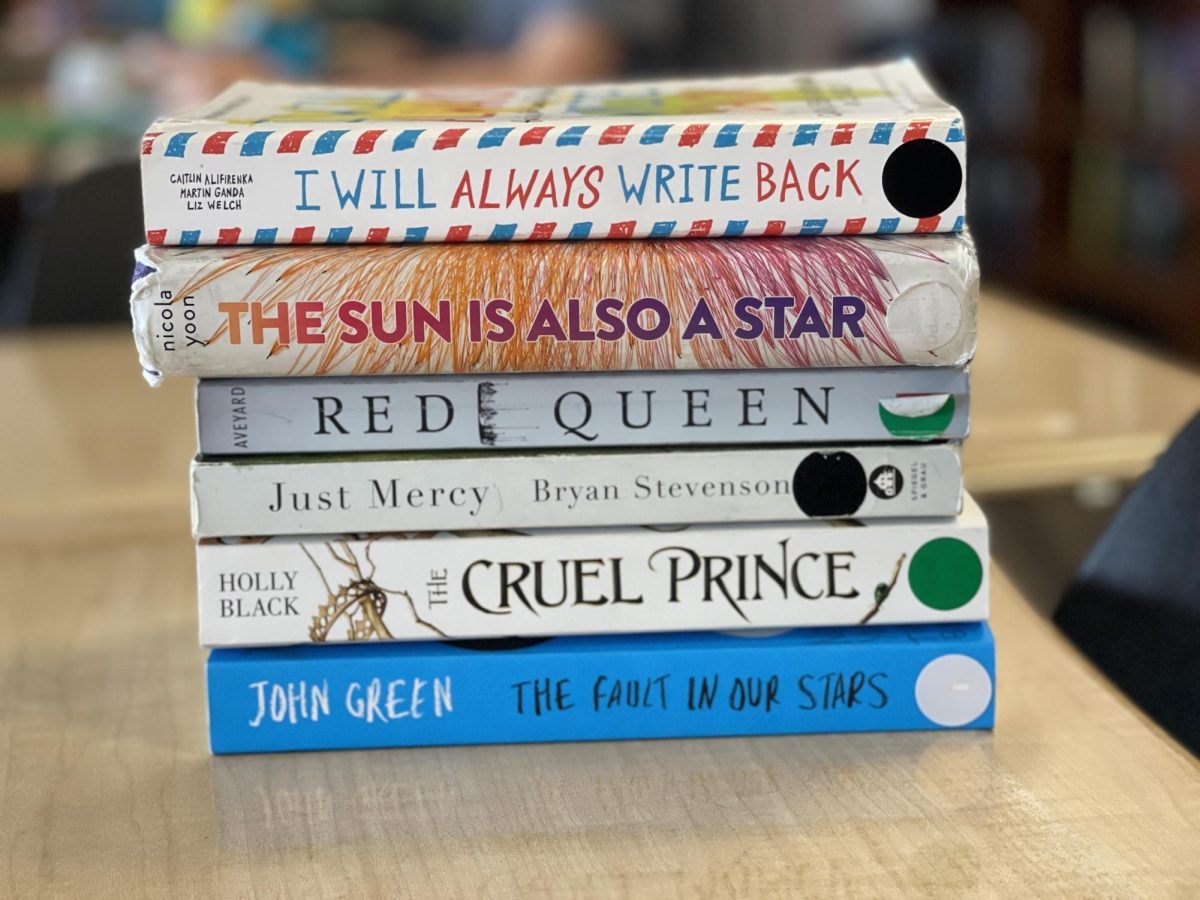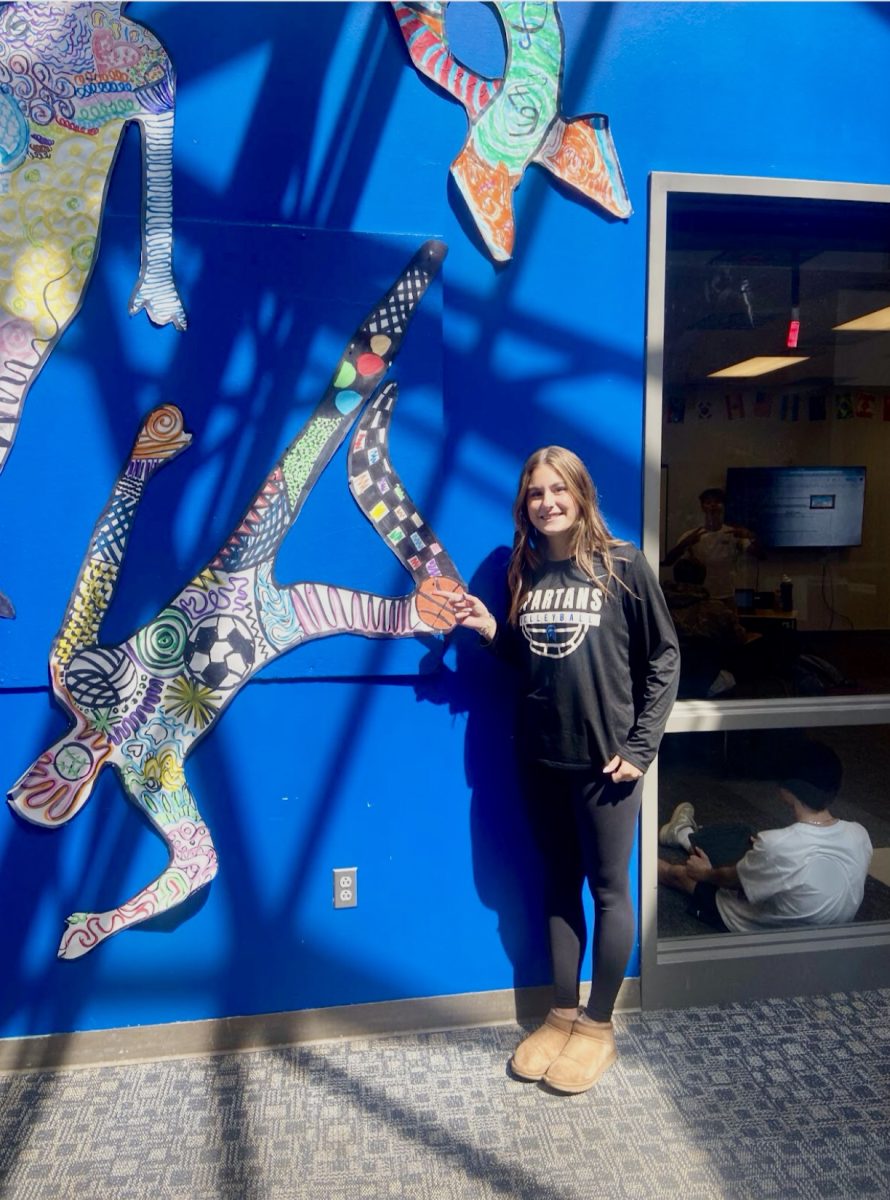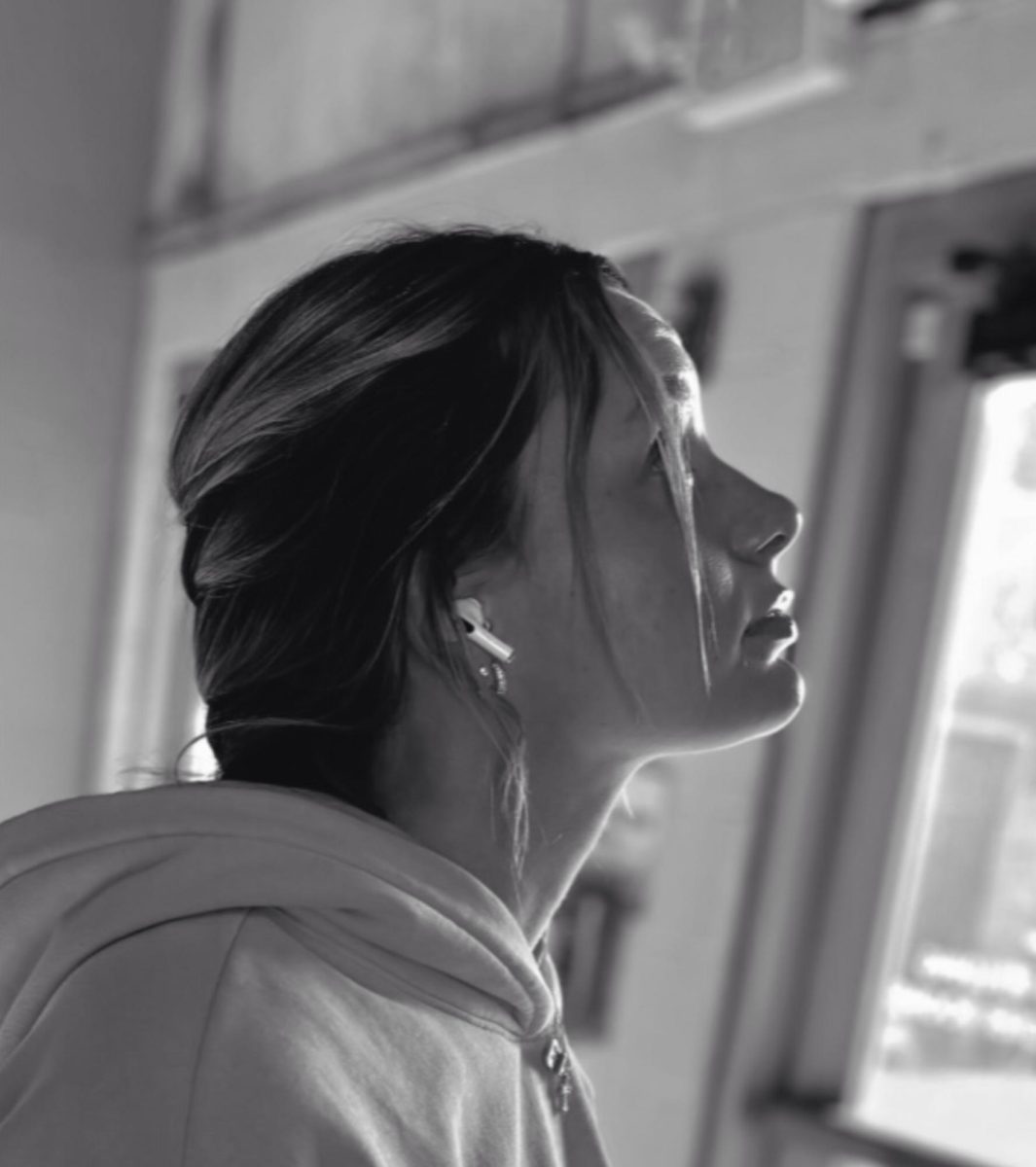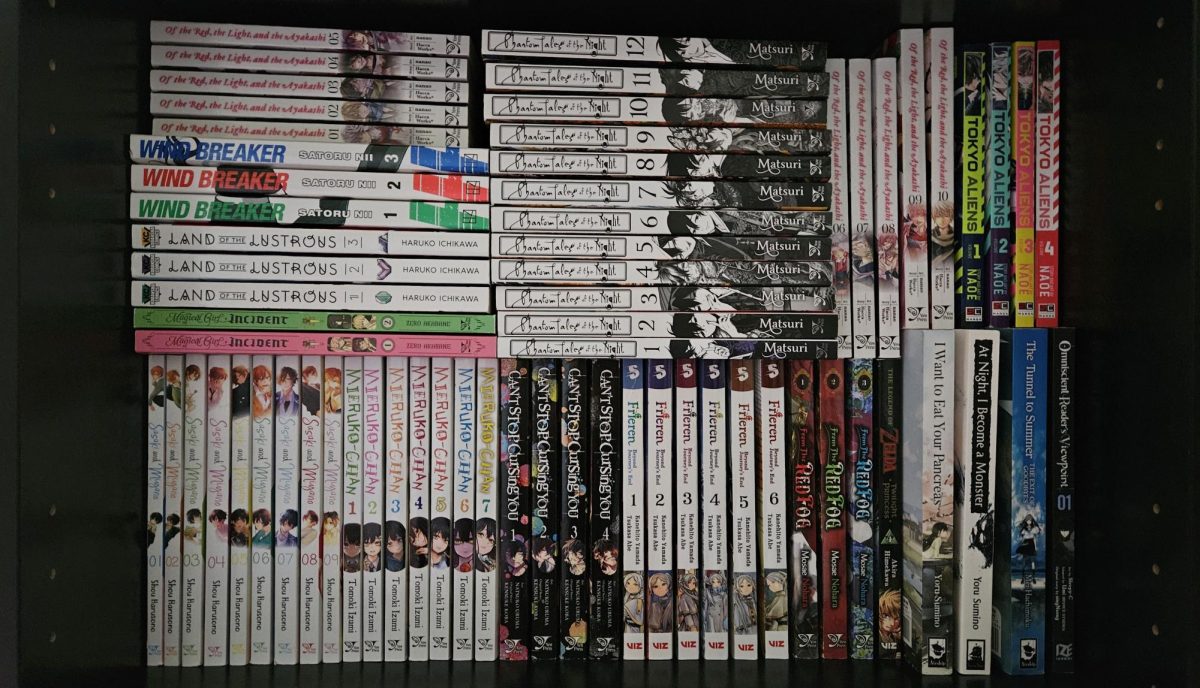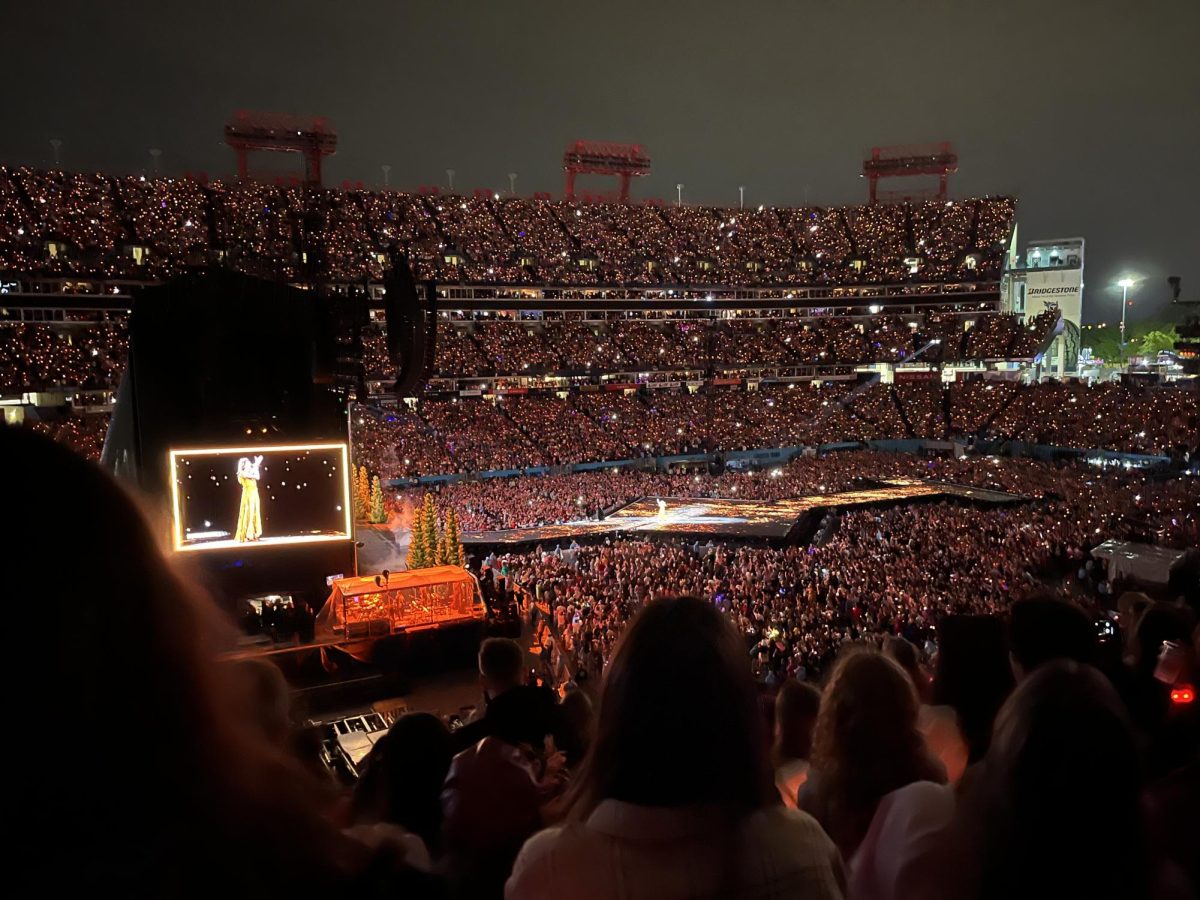As a busy high school student, choosing to spend 20 hours reading a book or watching that same movie version in two to three is not an easy one. There are advantages and disadvantages to both, and both have strong histories.
Looking back, many written books have been movie produced over the years, from 1900s classics such as “The Wonderful Wizard of Oz,” “To Kill a Mockingbird” and “Lord of the Flies” to modern day contemporary novels like “The Fault in Our Stars,” “Gone Girl” and “Turtles All the Way Down.” While these books are popular, not all of them received well reviewed movie adaptations.
“Percy Jackson & the Olympians,” a novel series created by Rick Riordan, illustrates that a well received book may not translate into an equally successful movie. The novel follows the story of Percy Jackson, a young boy who later finds out he’s the son of Poseidon. Percy has to journey through a world of gods, mythical creatures, and obtain Zeus’ lightning bolt to restore balance. Percy Jackson comes to learn of his true identity and hidden abilites. He has a coming-of-age story and creates meaningful friendships throughout his journey.
Percy Jackson stands out compared to other books because it received both a tv-show and series adaptation. Yet, some students have weighed in that the books and shows from this series were better than the movies.
Some movie adaptations take liberties and stray from the plot of the original book. “Divergent,” a dystopian, science fiction series created by Veronica Roth, takes place in a futuristic world where society is split into five factions. When a person reaches adulthood, they have to devote themselves to one of five factions, each based on a core value, till their death. The main character, Tris Prior, learns she is a Divergent, meaning that she doesn’t just carry one of the five values and could commit to more than one faction happily, making her a wild card. She is warned to hide her Divergence from the government, while uncovering a brewing war that’ll threaten society.
The series had a good film adaptation, but it did not follow the books.
This leads to the question, can a movie do a book justice?
In 1888, motion-moving pictures were first introduced by Louis Le Prince. The first inventions required the use of a camera, projector and a film printer. As time progressed, movies were made with color and animation.
In 1899, the first book-to-film adaptation produced by Georges Melies was Charles Perrault’s “Cinderella.” From that moment forward to the present day, books would continue to have adaptations made.
Books may receive adaptations based on popularity, profit, or due to desiring reinterpretations to appeal to larger audiences. This is generally fueled by readers who have a high demand to see books adapted into different formats like film or television.
But many film adaptations fail because they struggle to capture the essence of the story and material within a short runtime. Books have many details and internal monologues. They have many more scenes, plots and descriptions. A film cannot copy all the scenes word for word, page by page. A film uses action and dialogue to produce the most concrete details to get the story’s message across. Moving pictures, editing, and music are what makes a movie unique.
For Community School of Davidson (CSD) students, the debate between whether books or movies are better is a heated one. While both art forms are appreciated, Community School of Davidson (CSD) students express a bias that they prefer books over movies.
“Personally, I love to read,” freshman Sofia Modia (‘28) said. “I’m always going to think that the book is better than the movie. I feel like the movie misses important details and inner monologue that just really helped with the feeling of the book.”
Modia also sees patterns emerge in movies as opposed to books.
“Movies kind of get repetitive,” Modia said. “It’s like, usually the same plot every time. ‘The Hunger Games’ movies versus the books, I really liked the books a lot more.”
Kylie Robinson (‘28) also has a preference for books over movies for a different reason.
“I prefer books more than movies mostly because they’re more descriptive in ways that you just can’t show,” Kylie Robinson said.
Junior Gracyn McRorie (26’) says that books are her go-to choice.
“It’s more in detail and you get to know more about your characters,” Gracyn McRorie said. “The movie ‘It Ends With Us’ and the book are good examples.”
Not everyone agrees. On the contrary, Brandon Amaya (‘25) has a strong preference for movies.
“I feel like in a movie you can get more emotion through acting rather than through writing in a book. A good example of this is ‘Harry Potter’,” Brandon Amaya said.
While books can prefer insight into characters and allow readers to imagine the worlds, a movie uses both action and dialogue skillfully to entrap the viewer visually and auditorily. Some audiences prefer the first section while others prefer the second.
Books and movies are works of fiction that interact and express themselves differently. They will continue to be intertwined and the challenge of books over movies or movies over books will continue throughout time.

